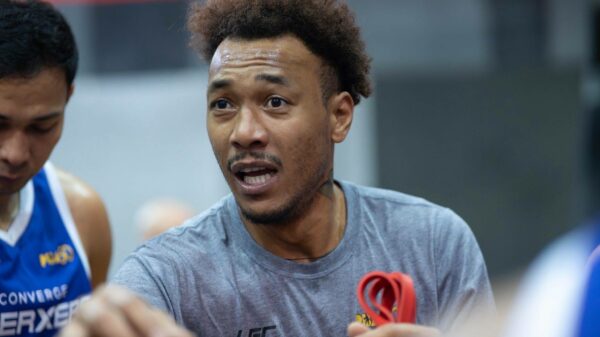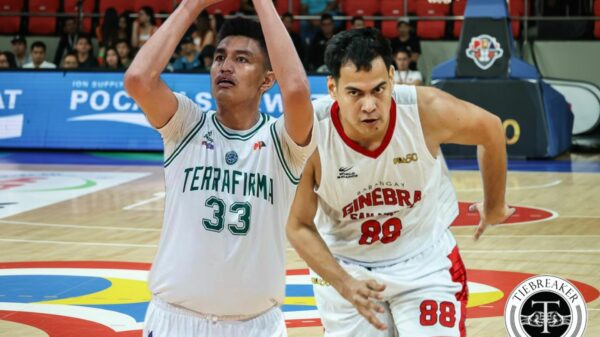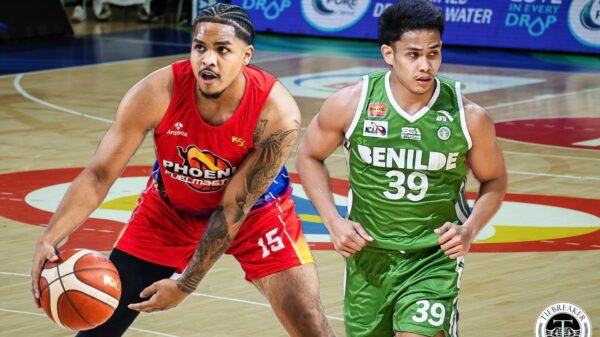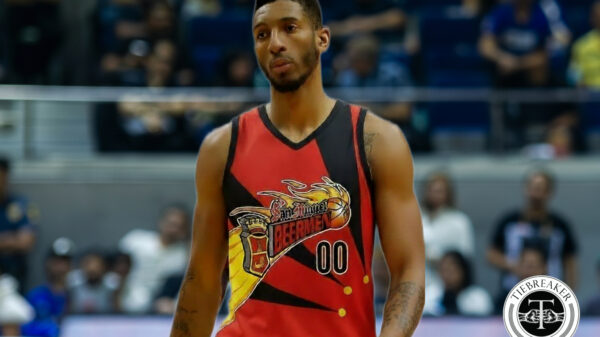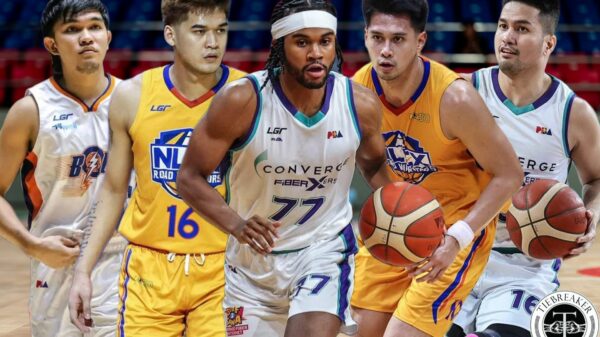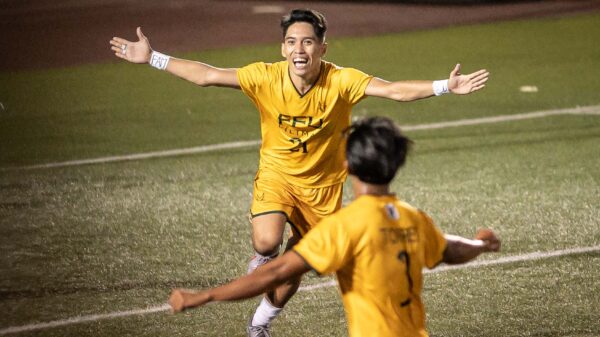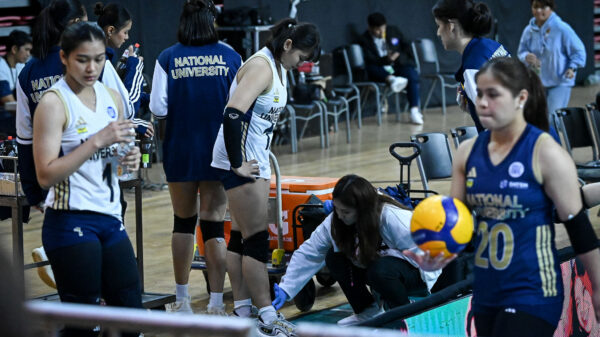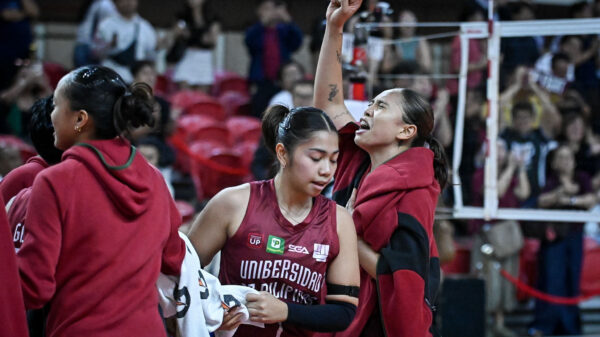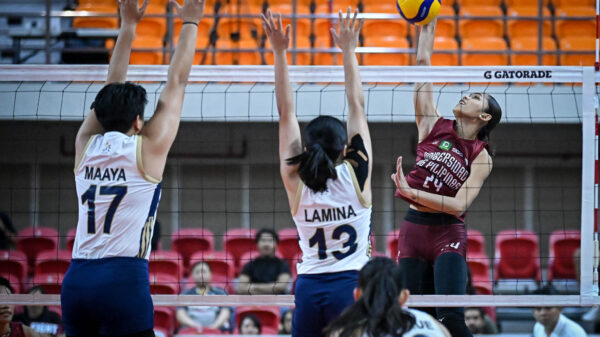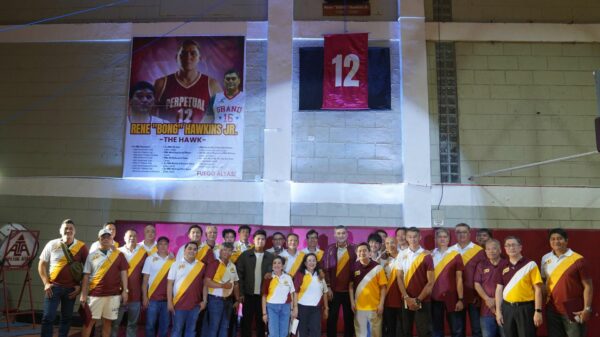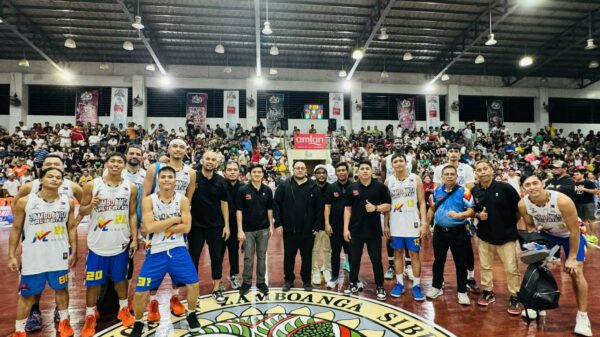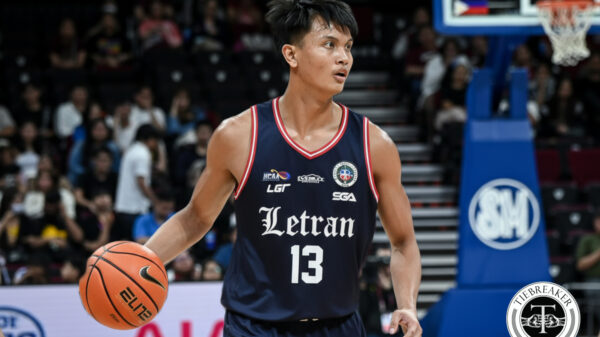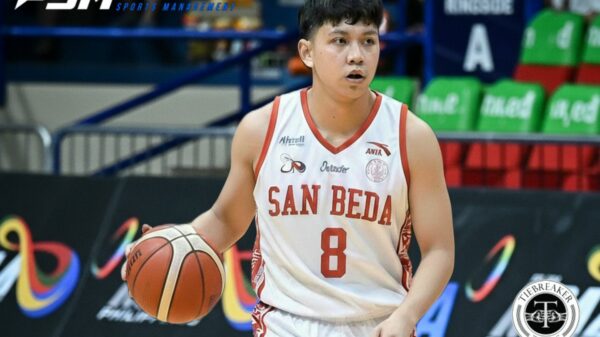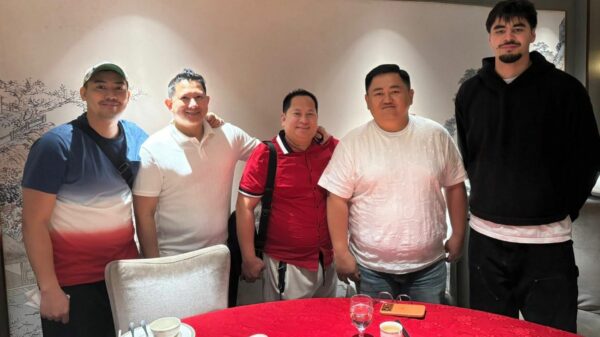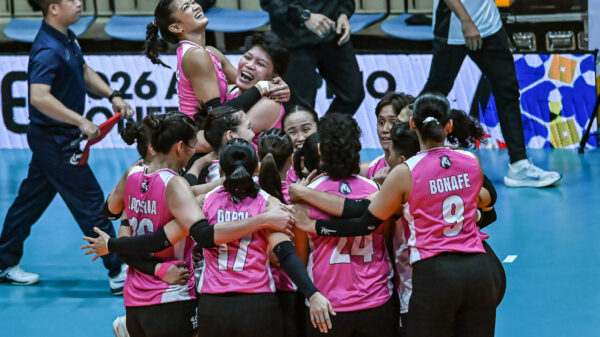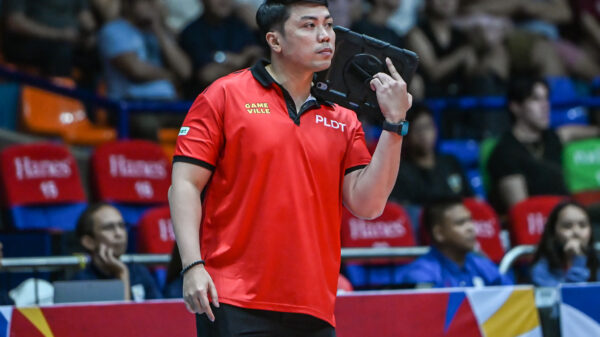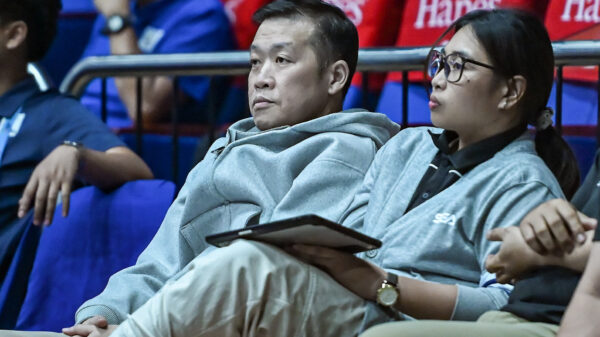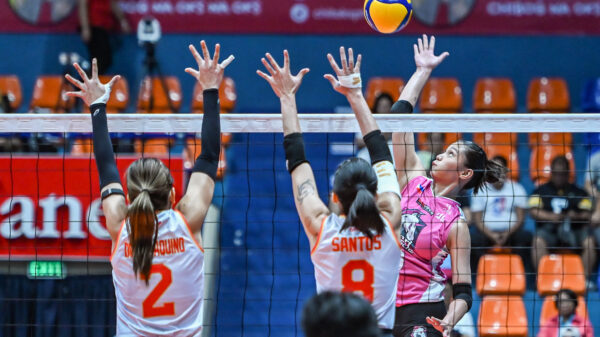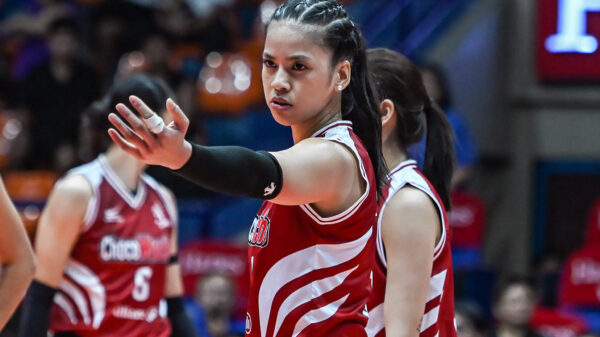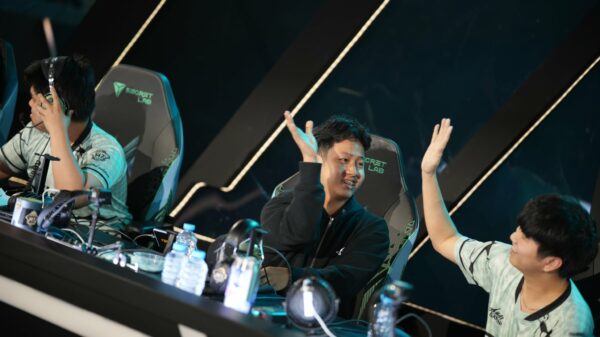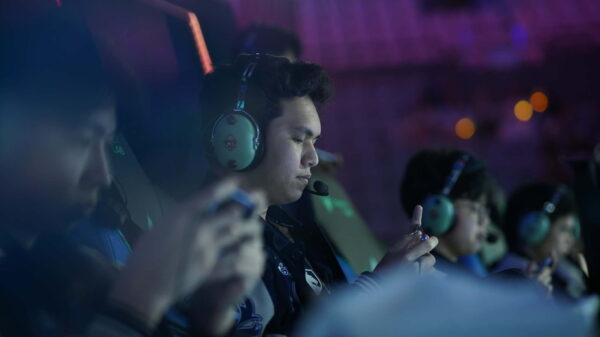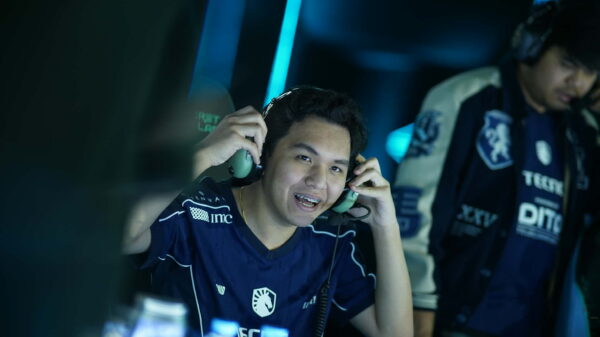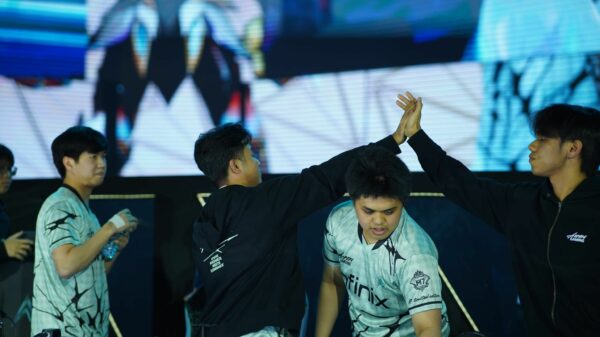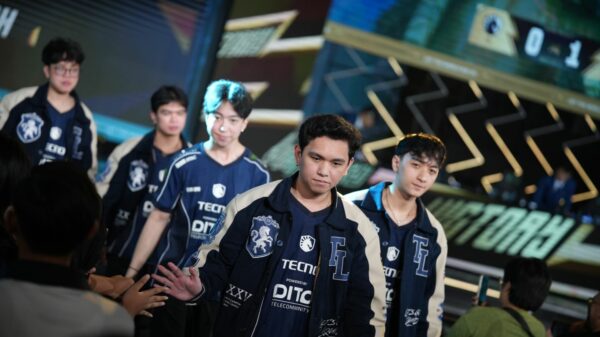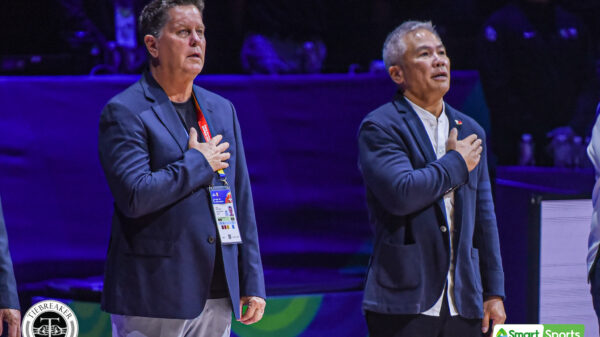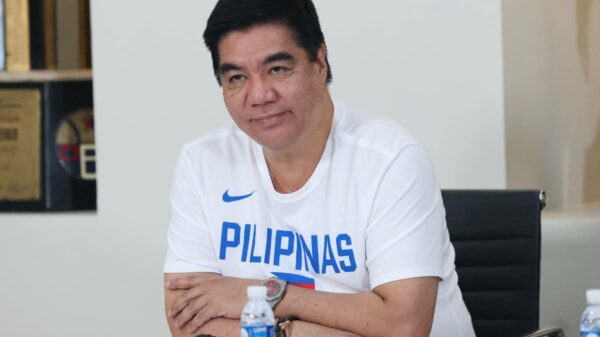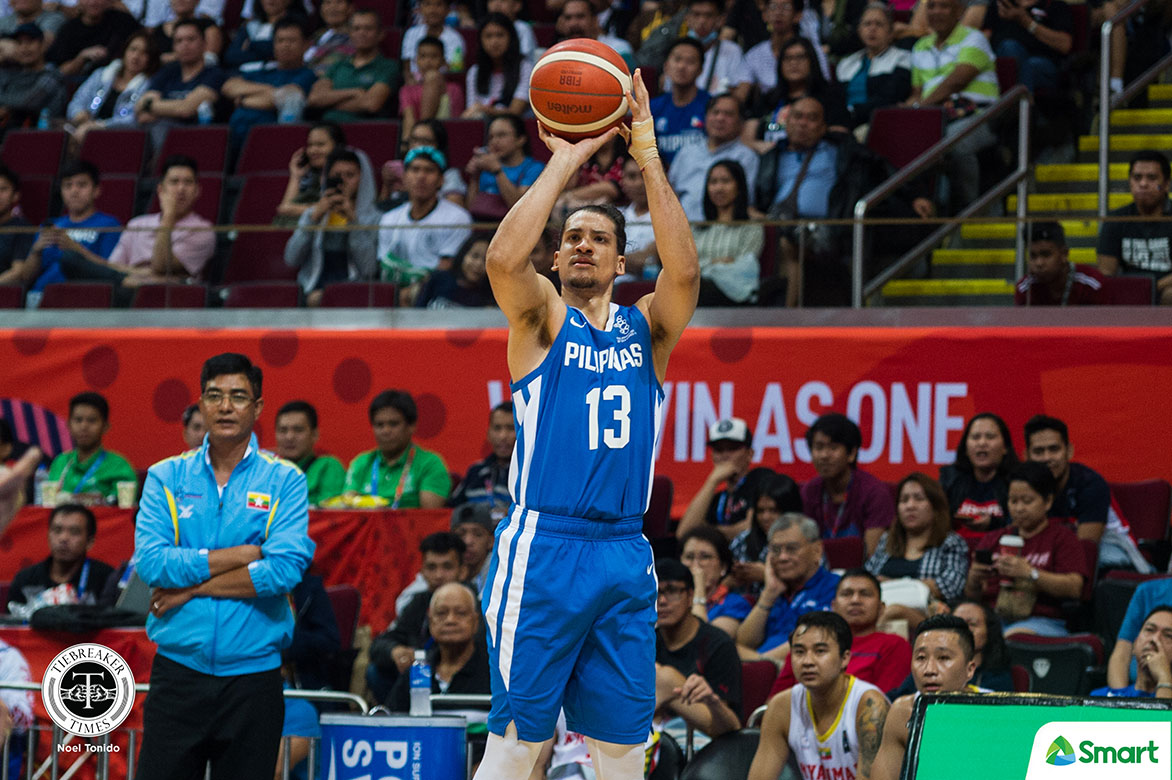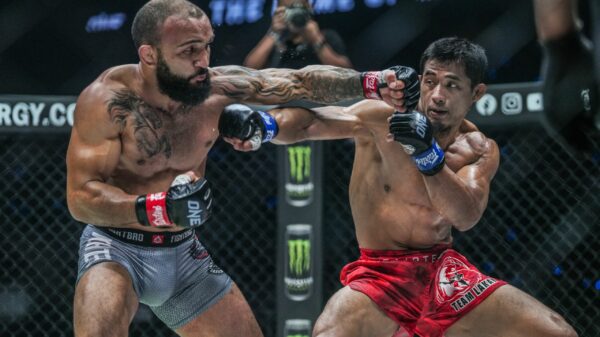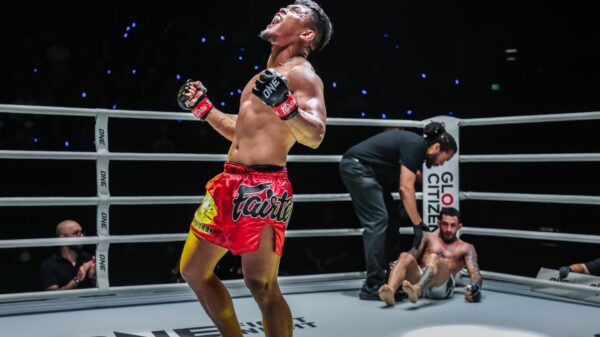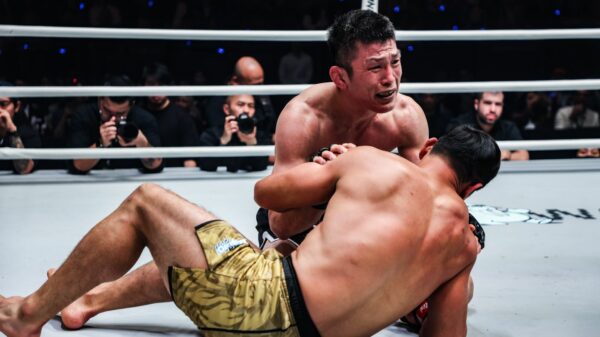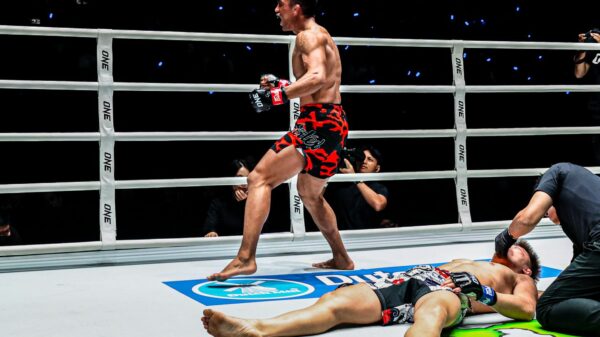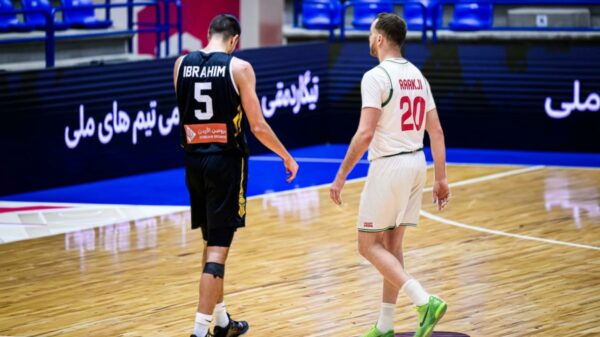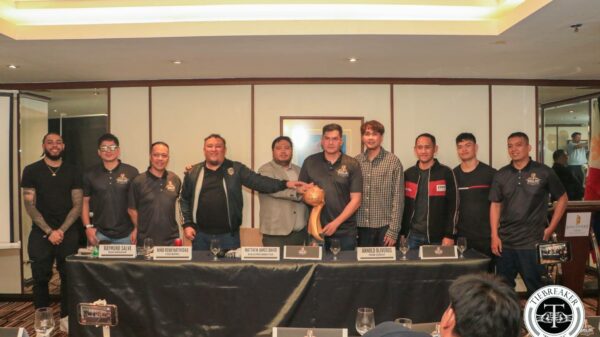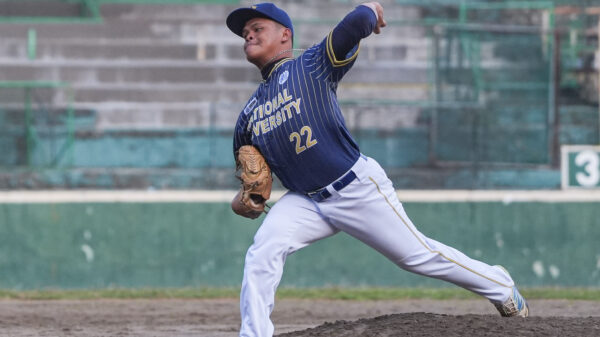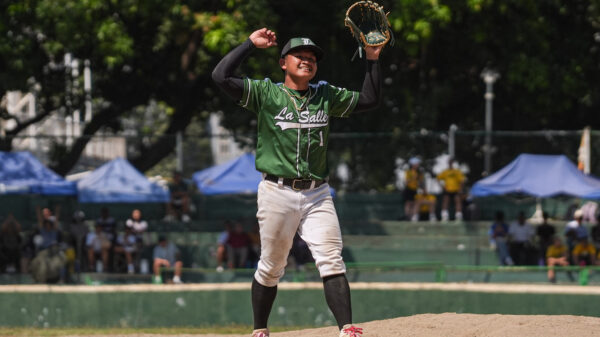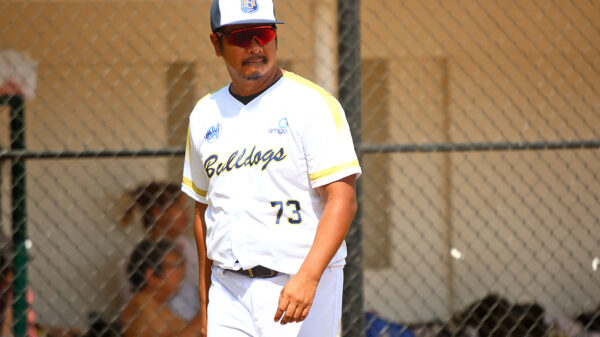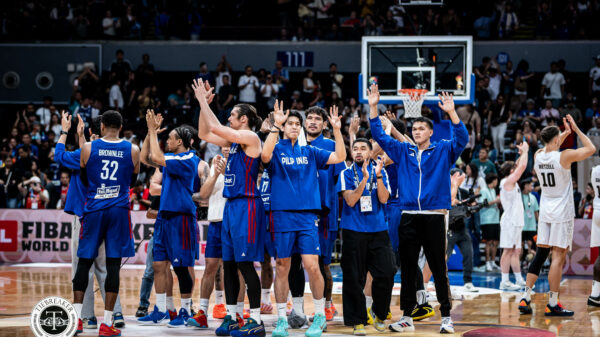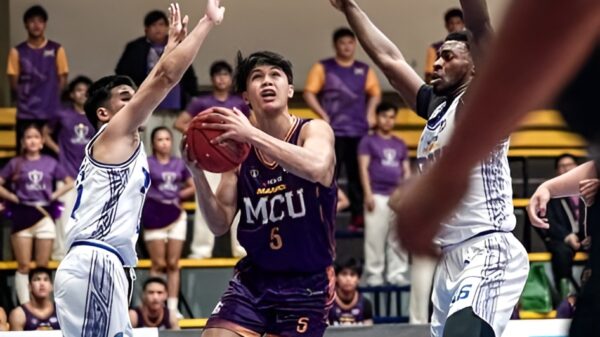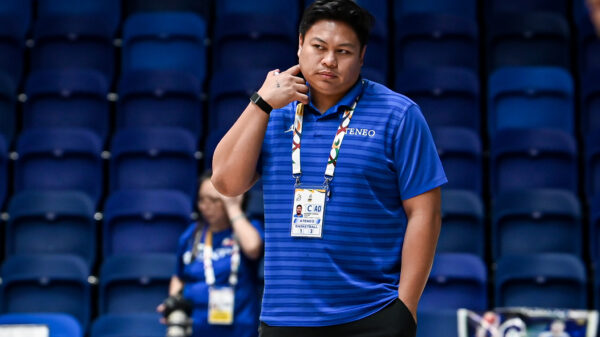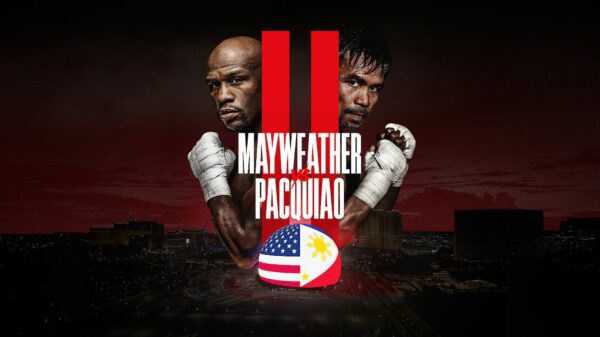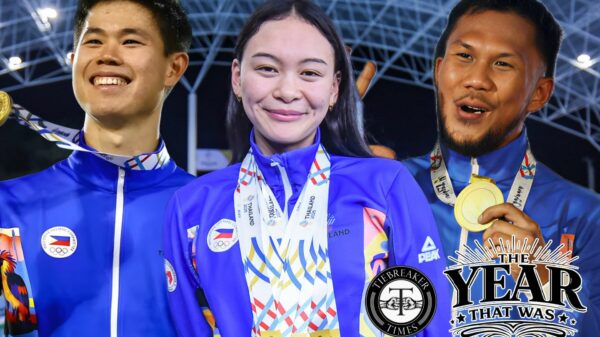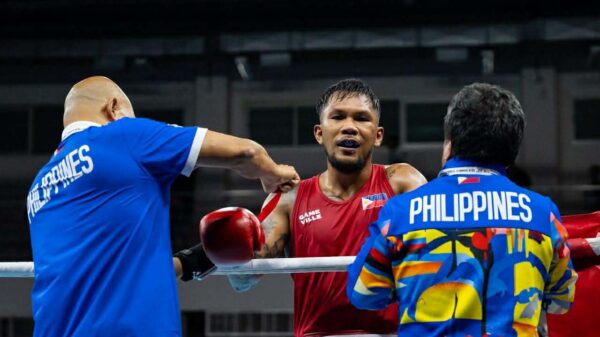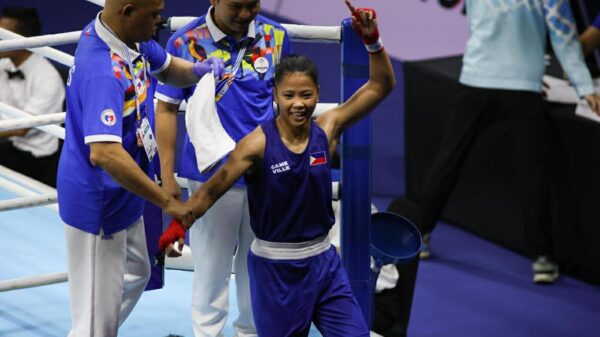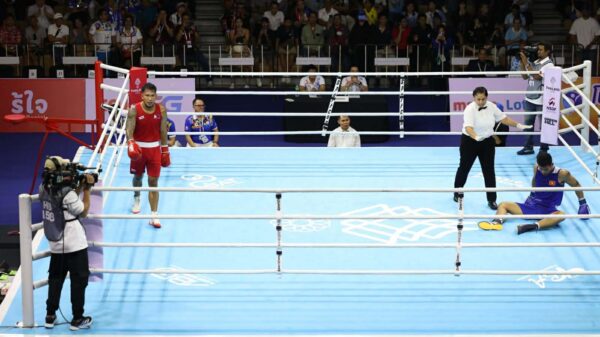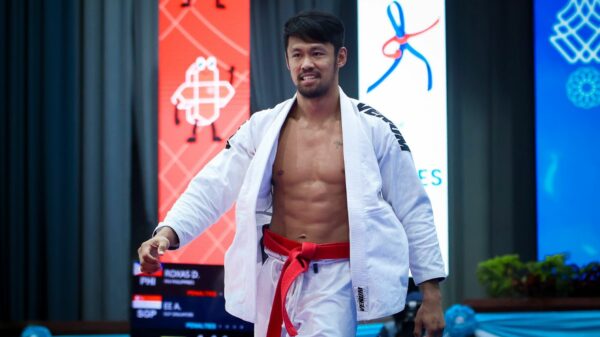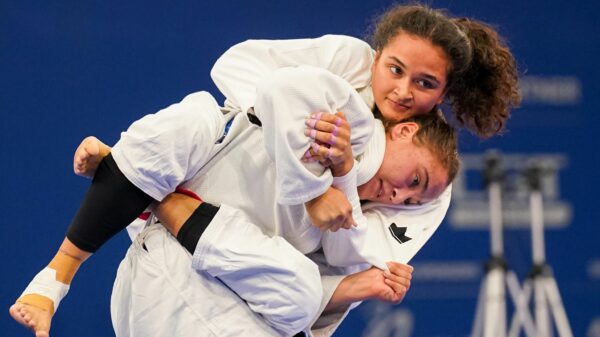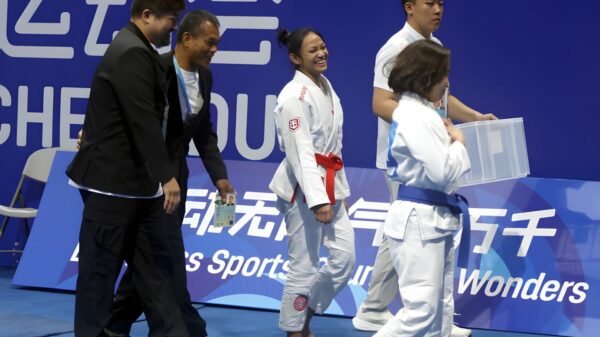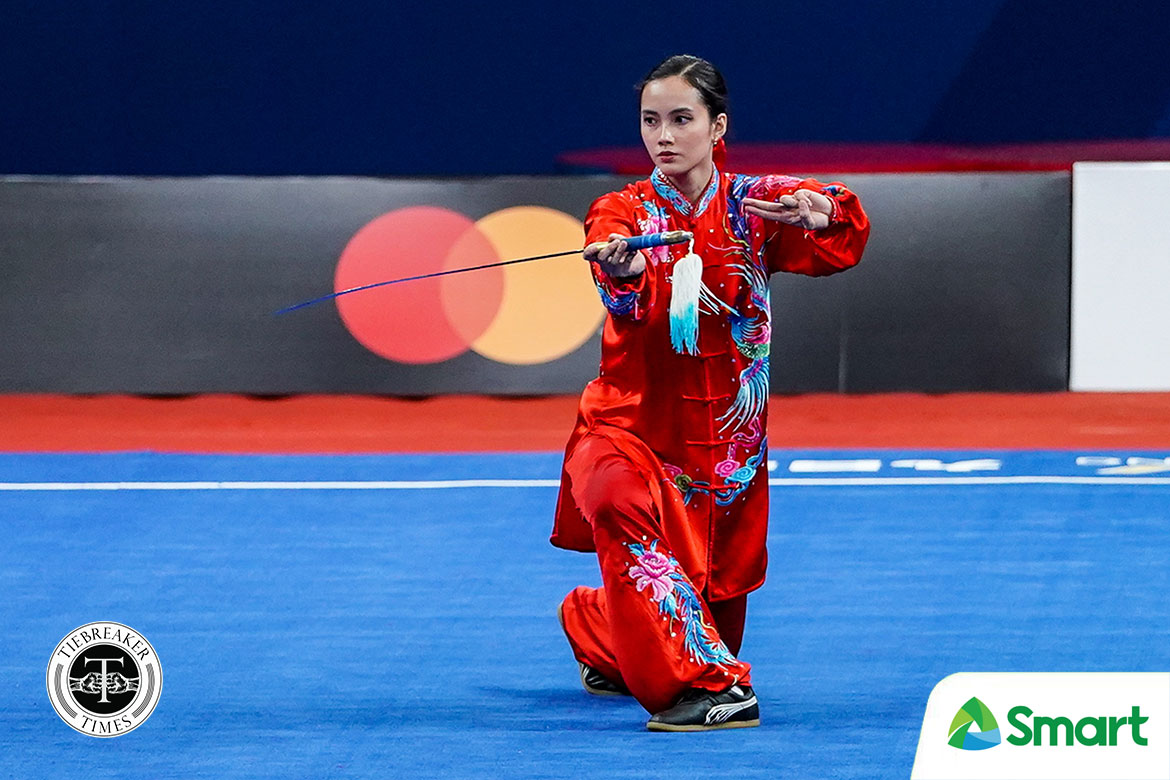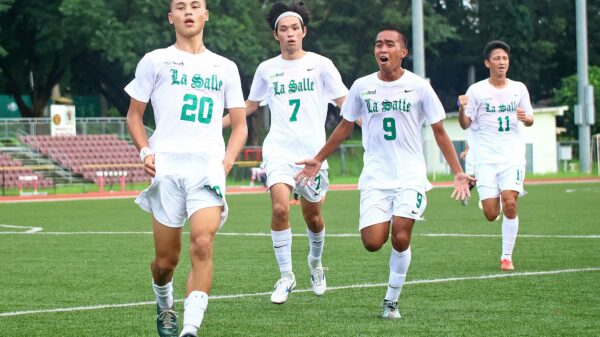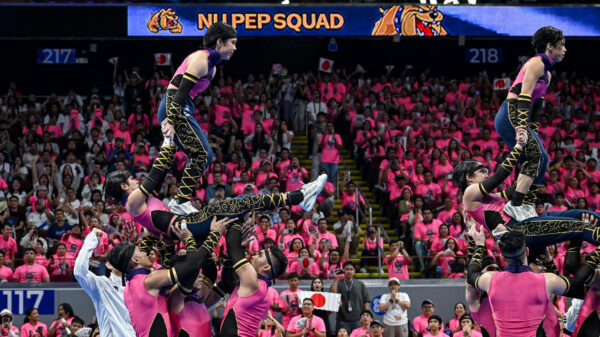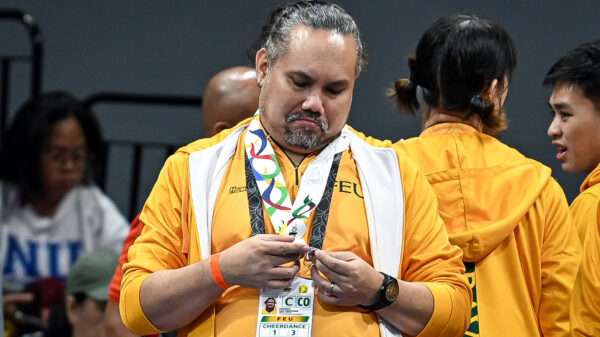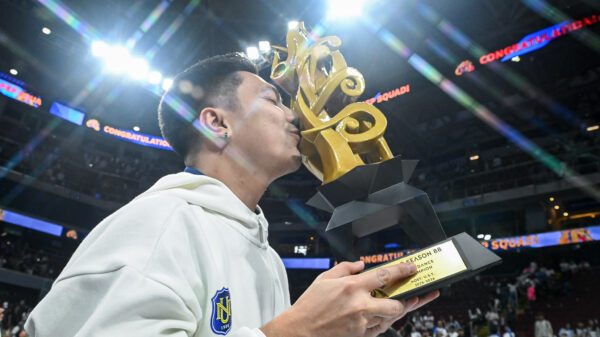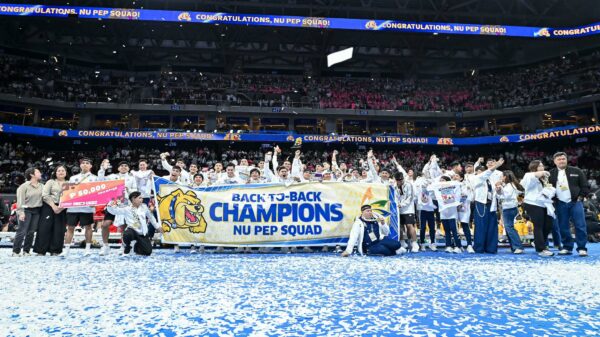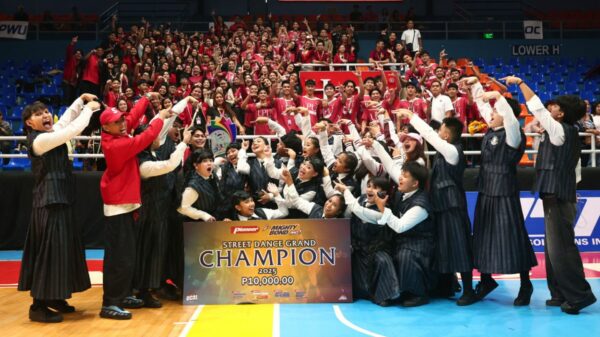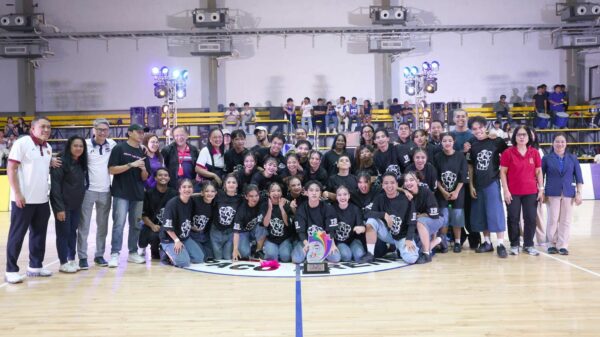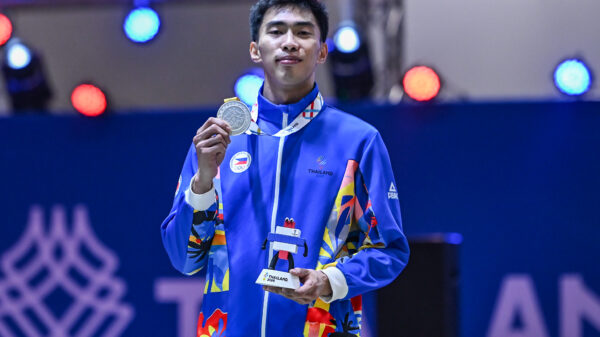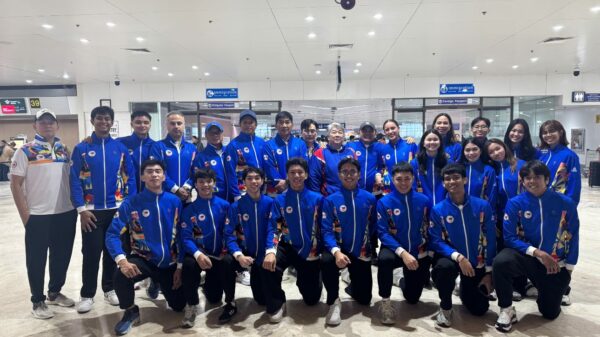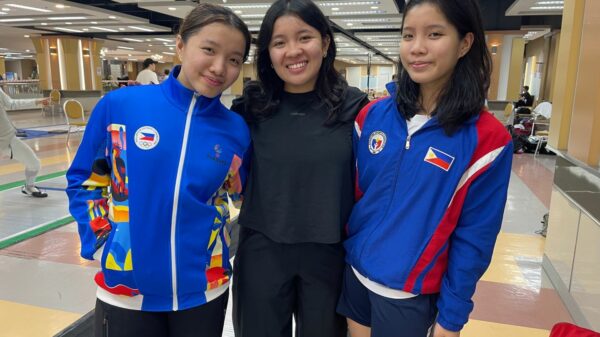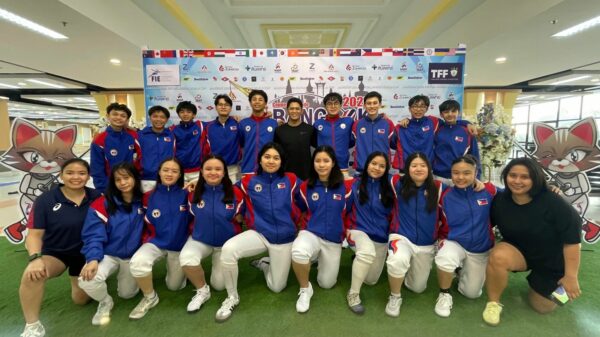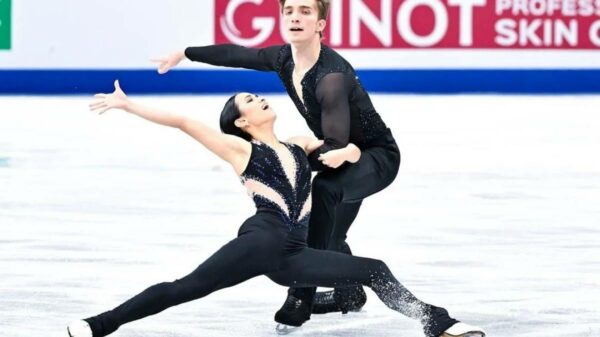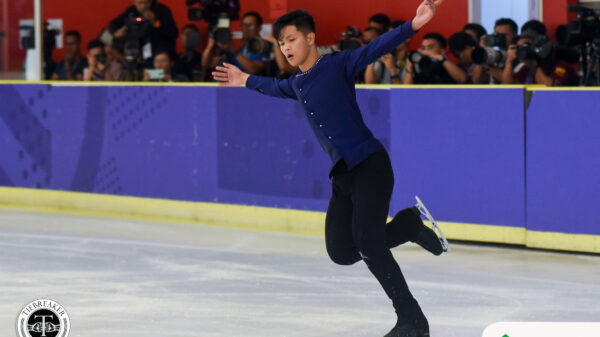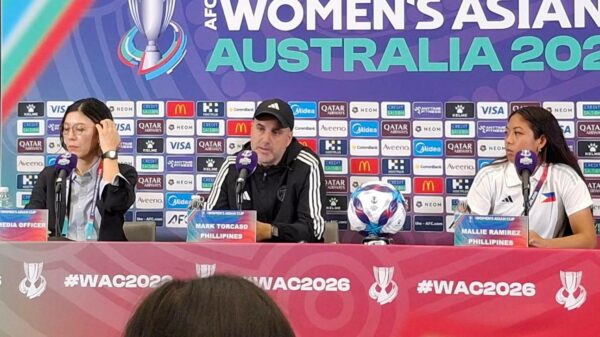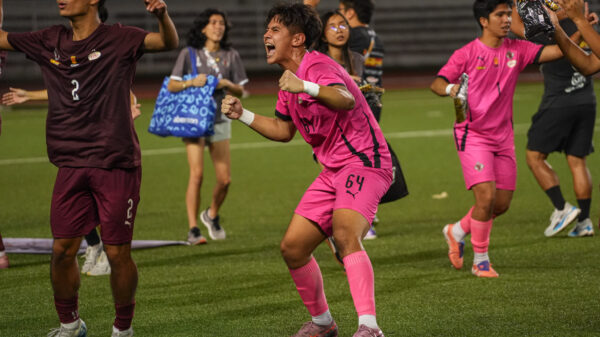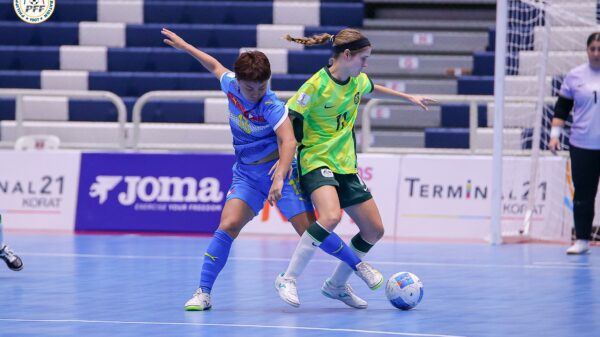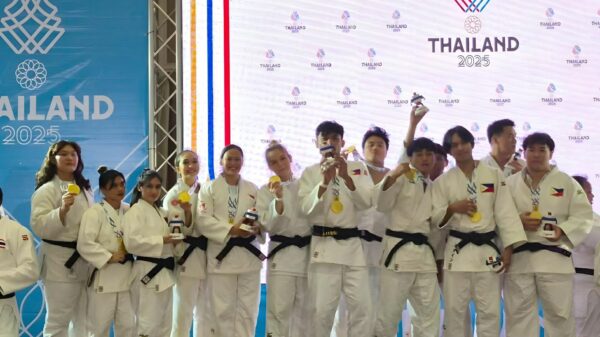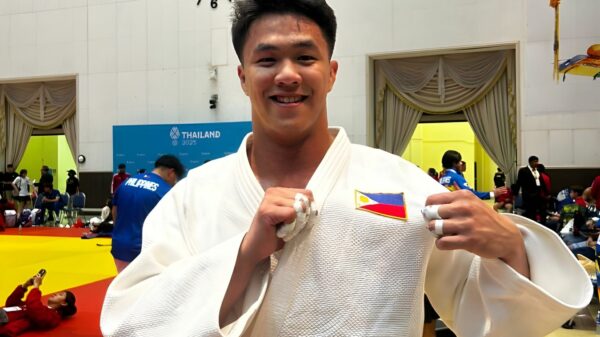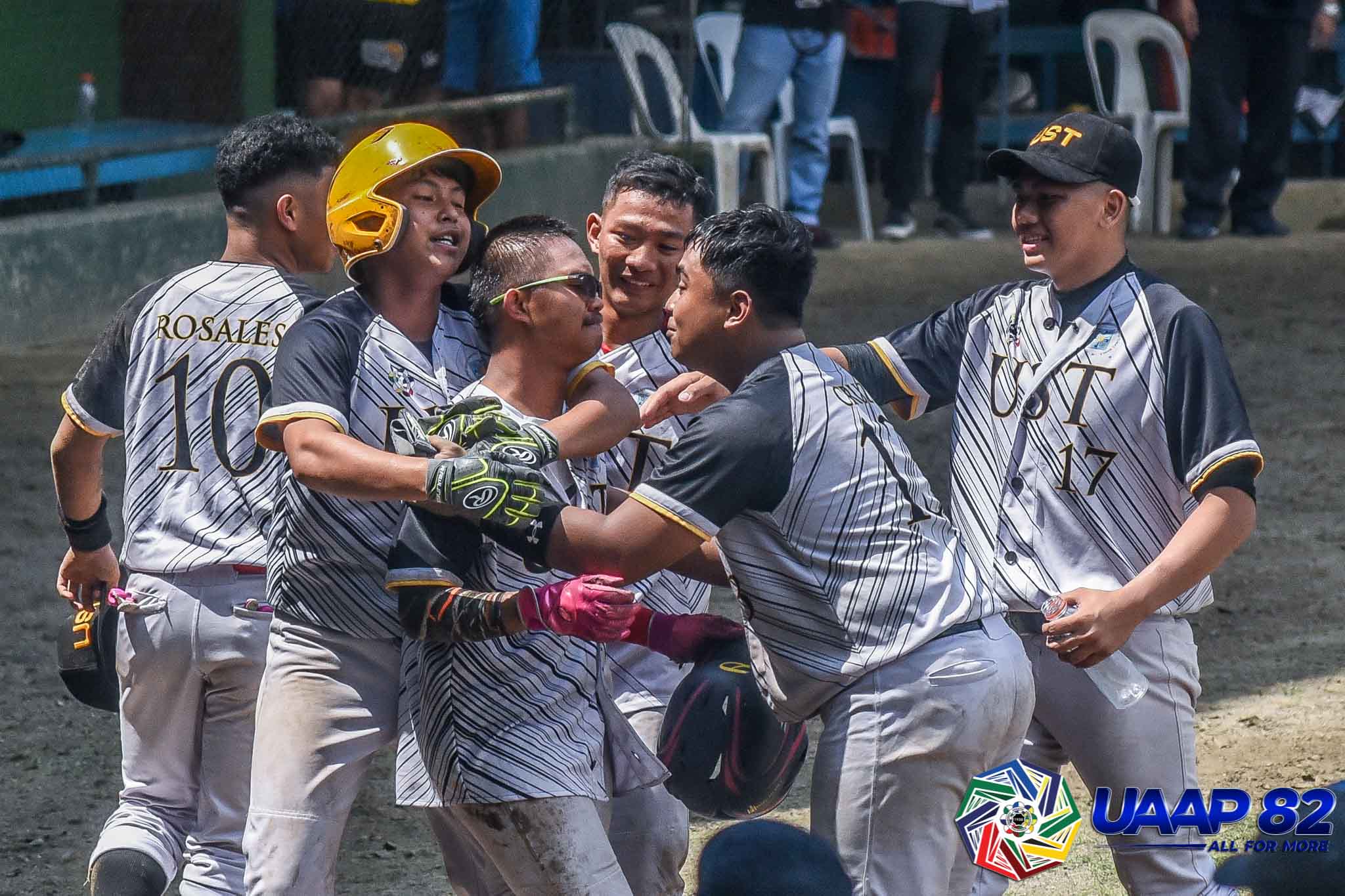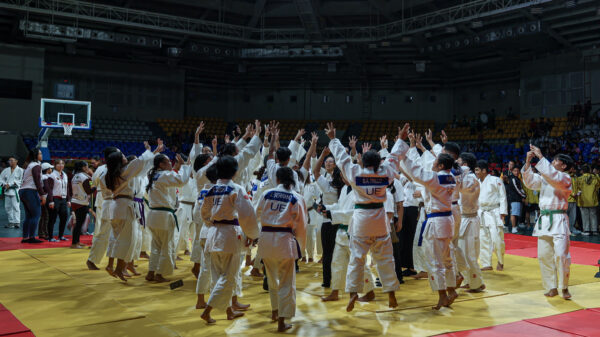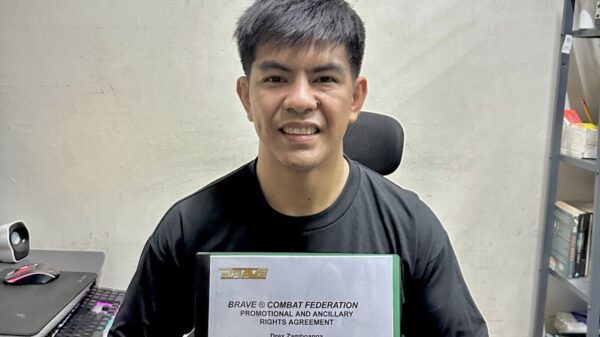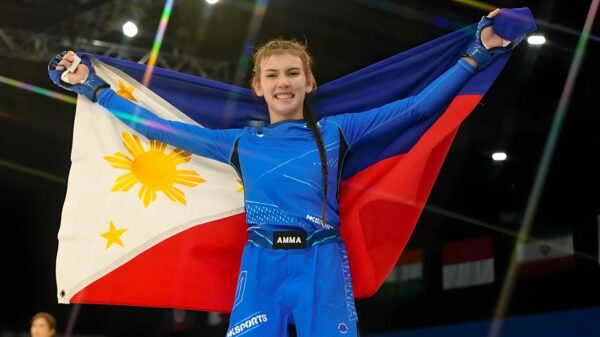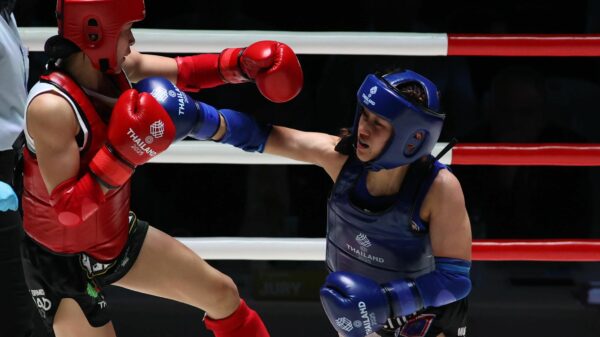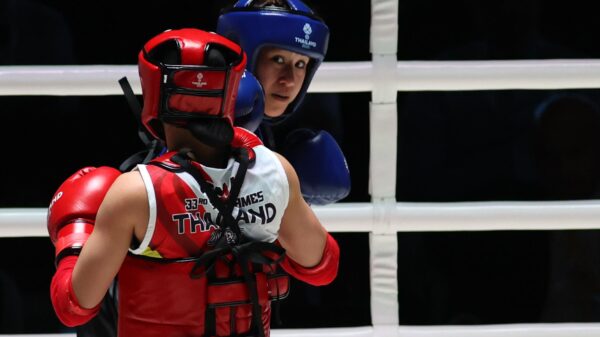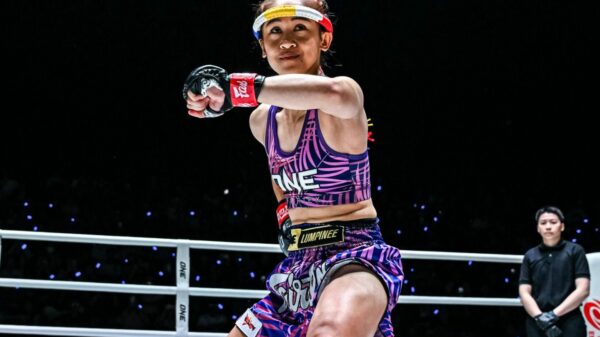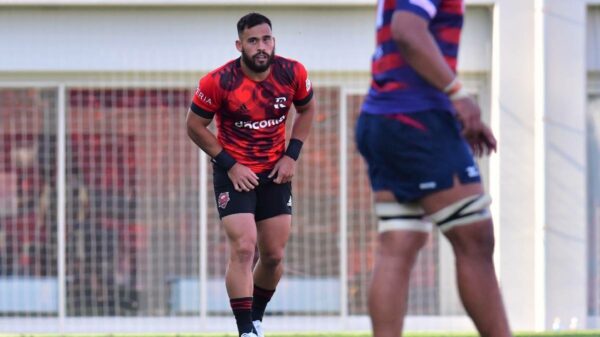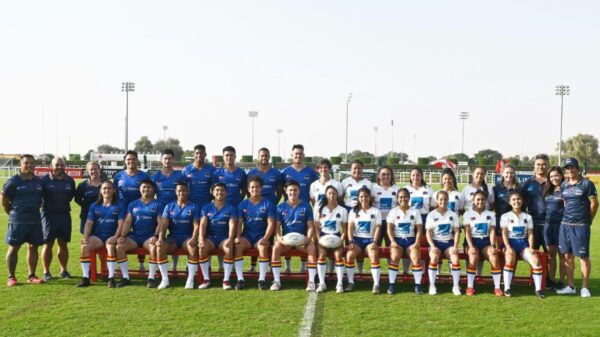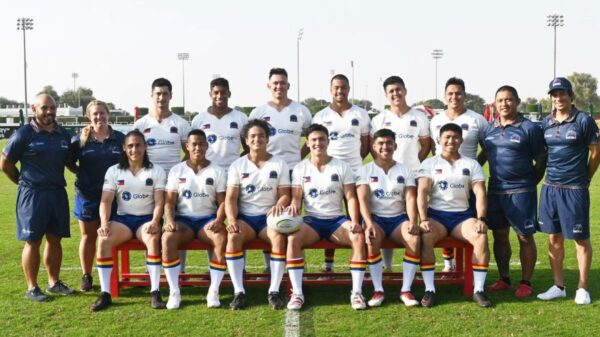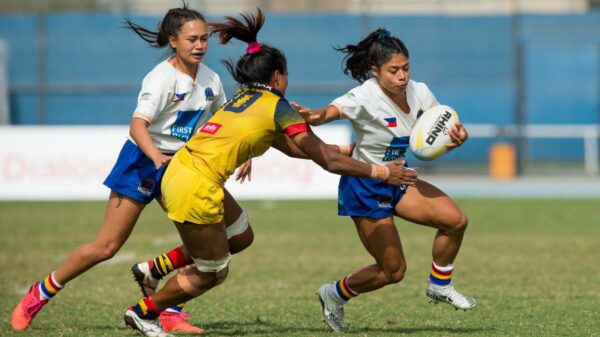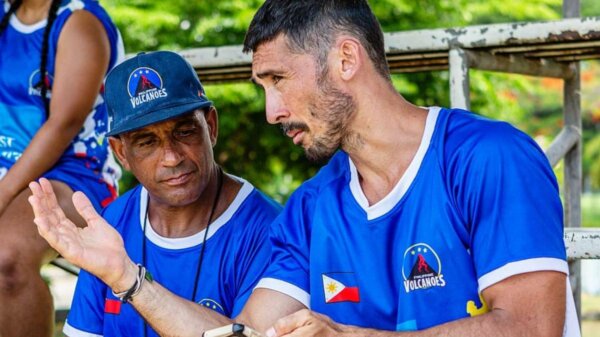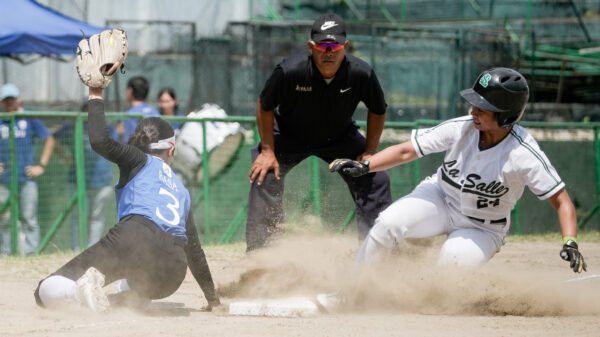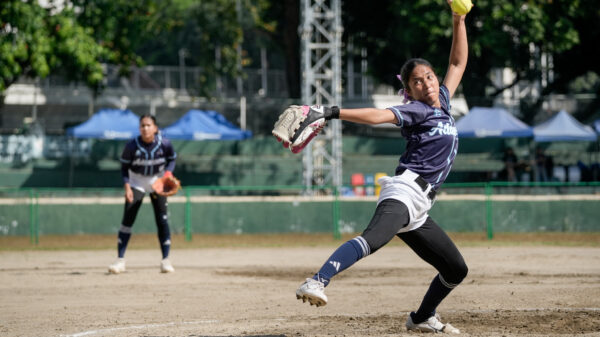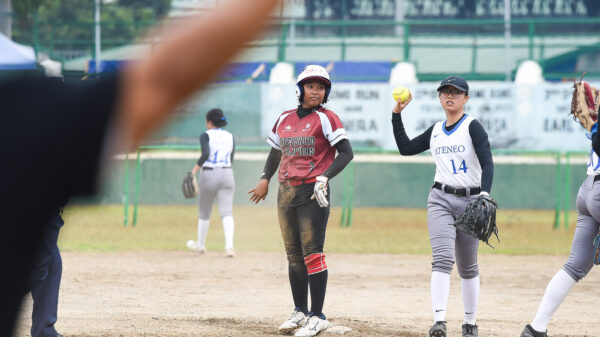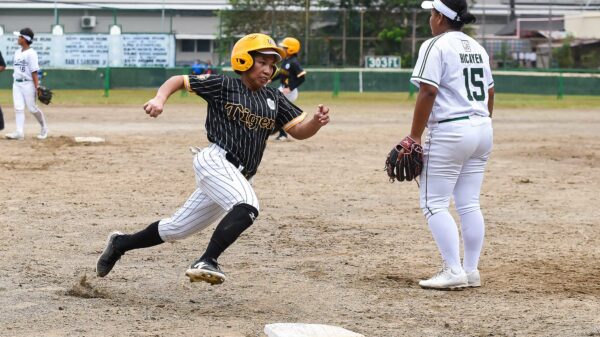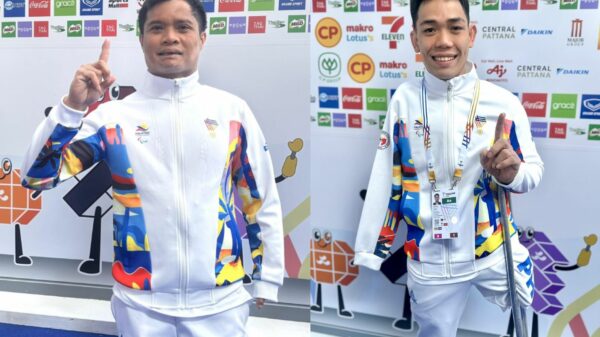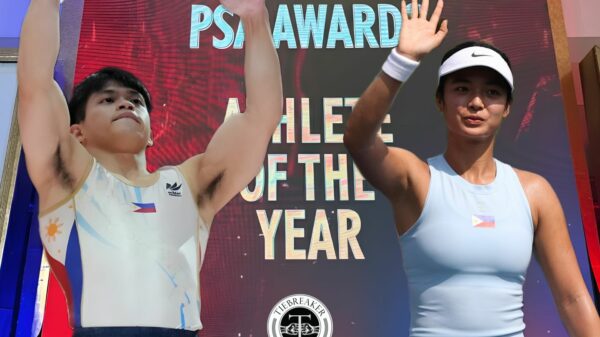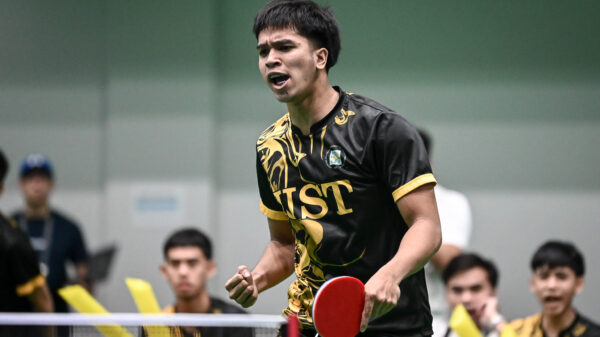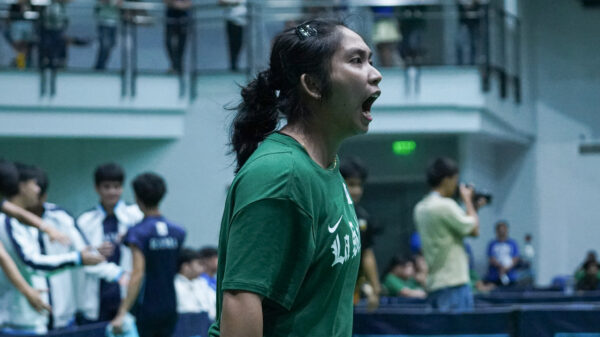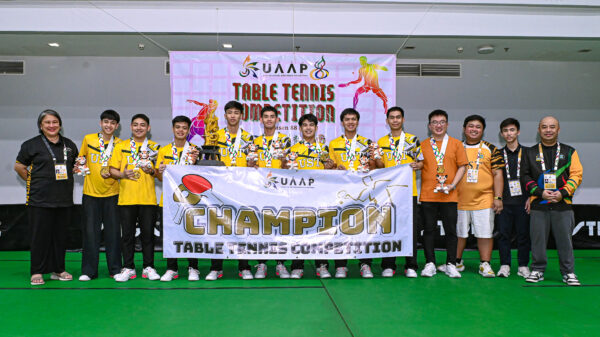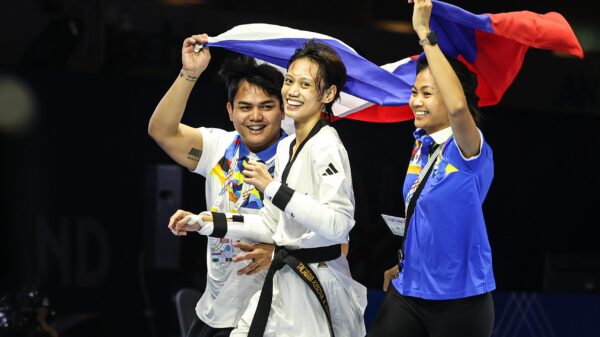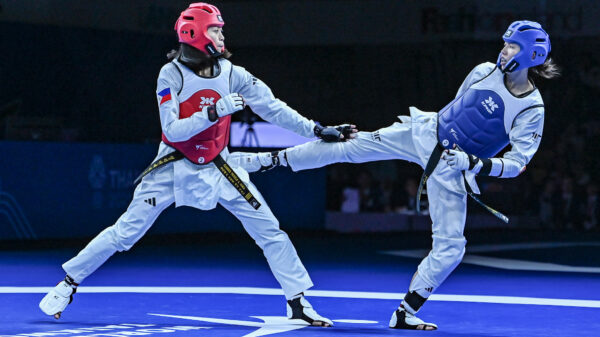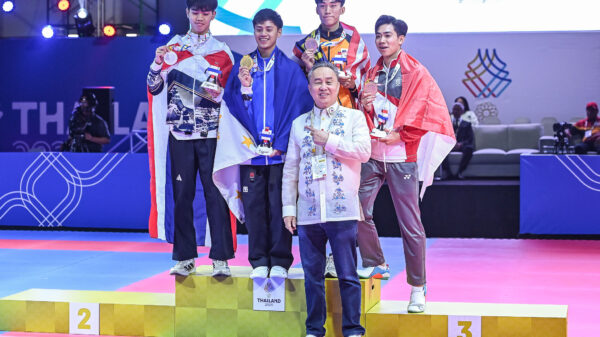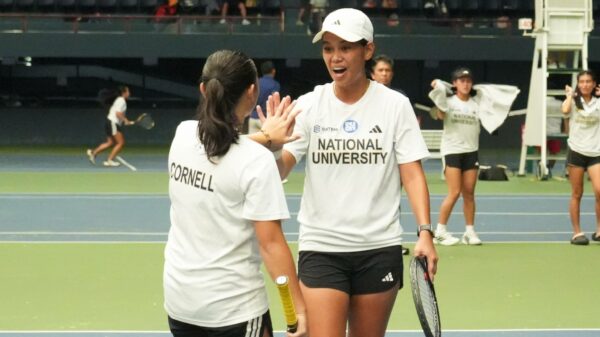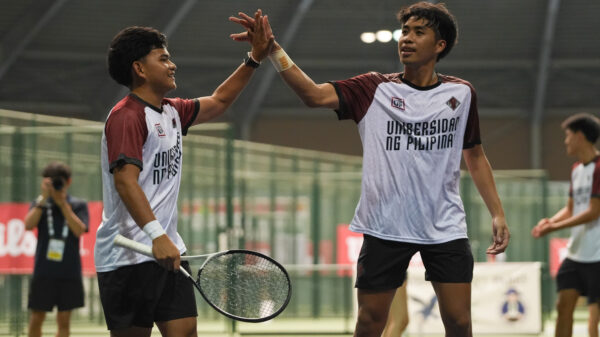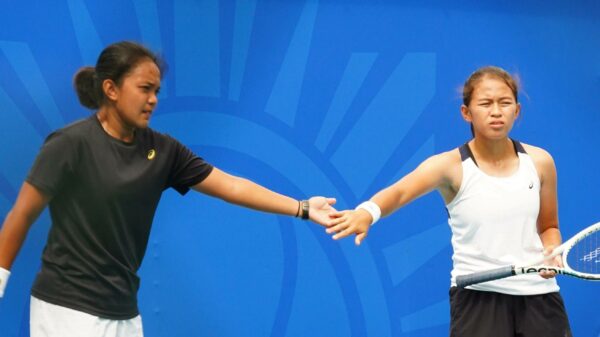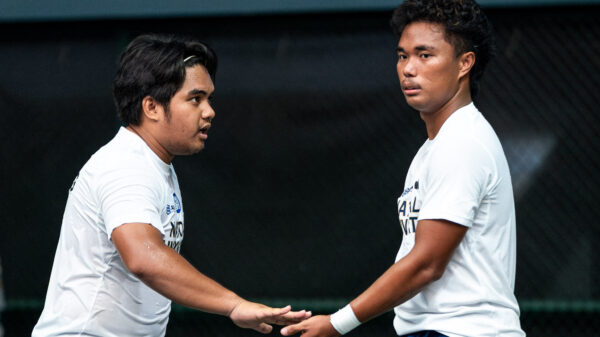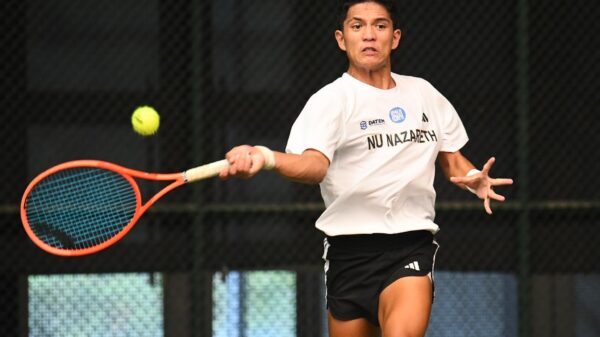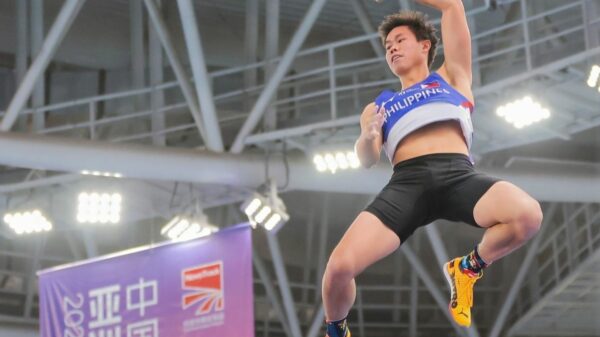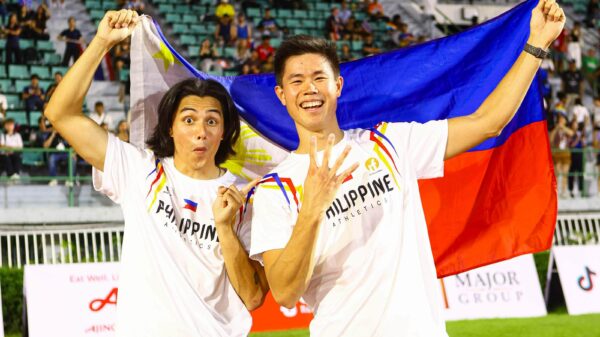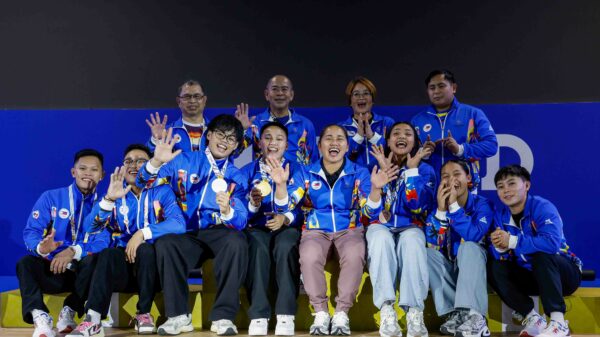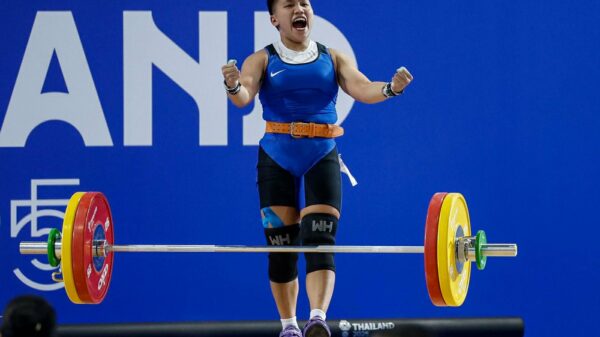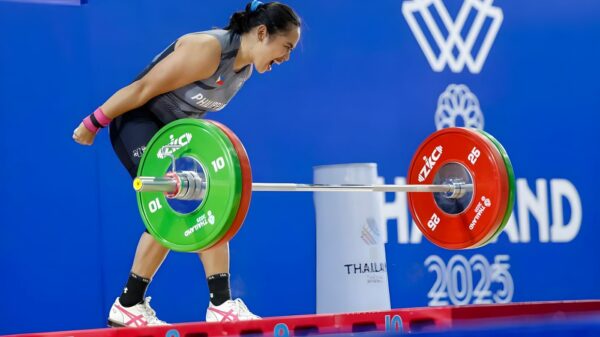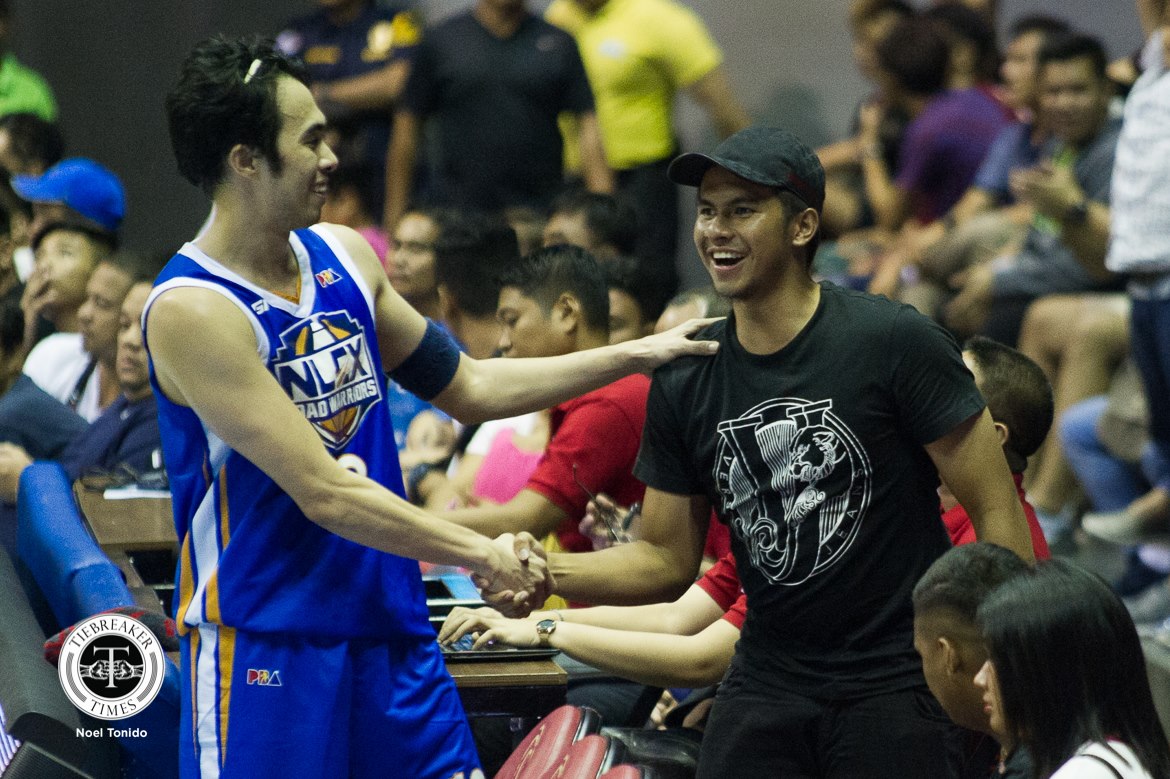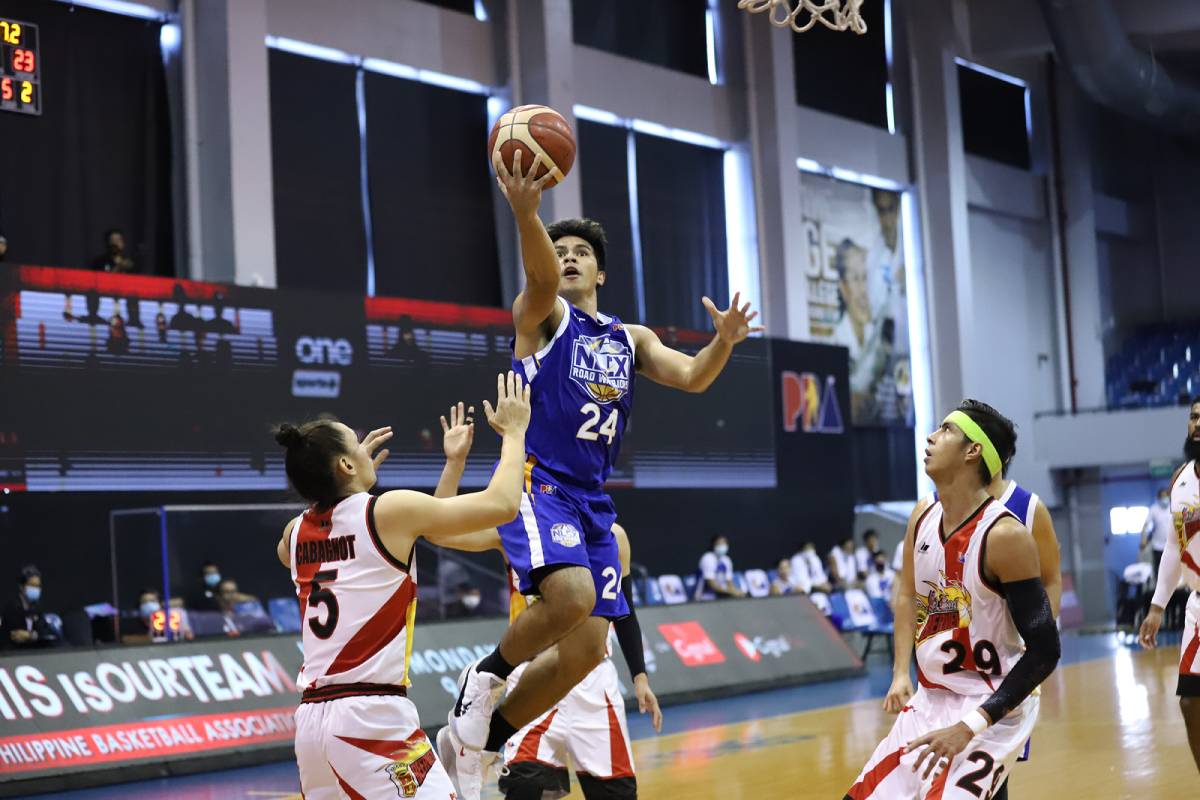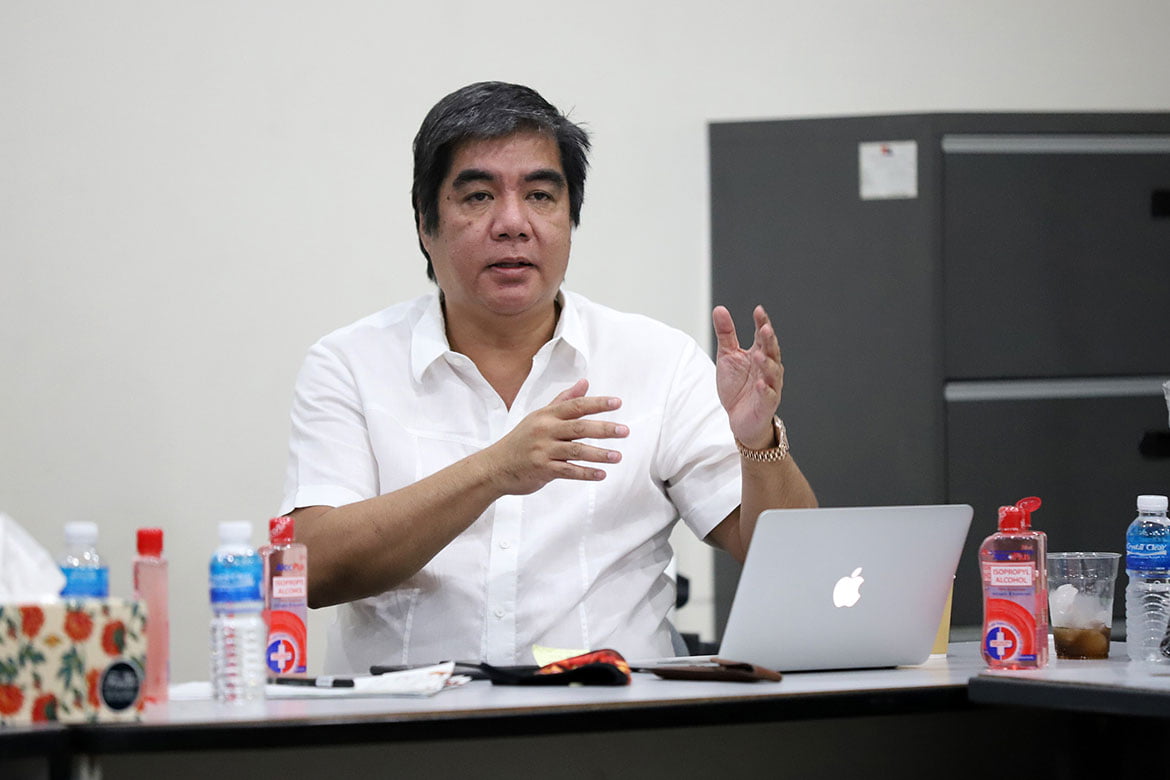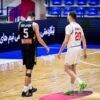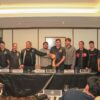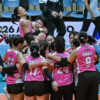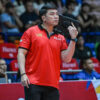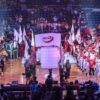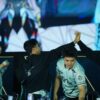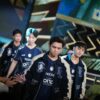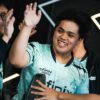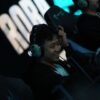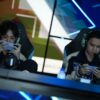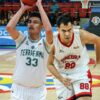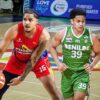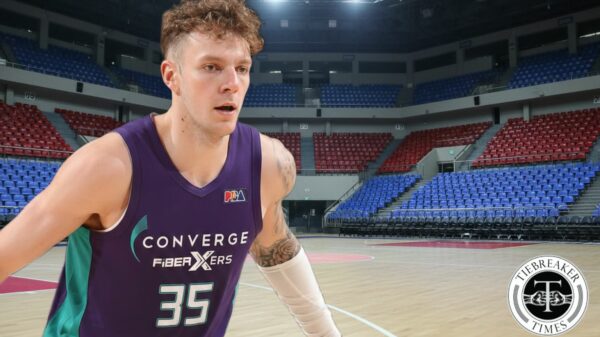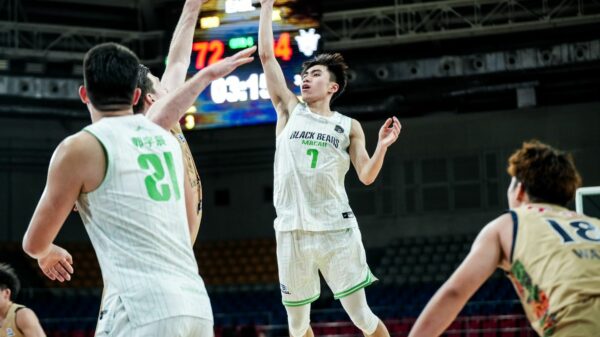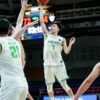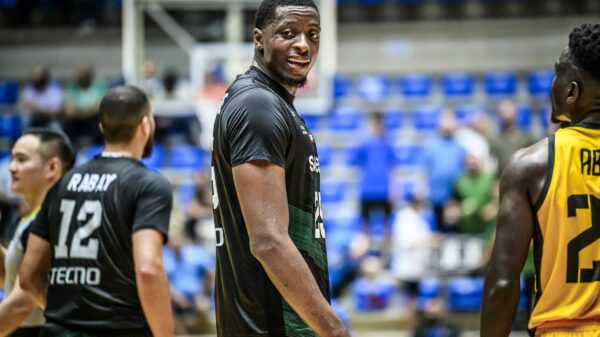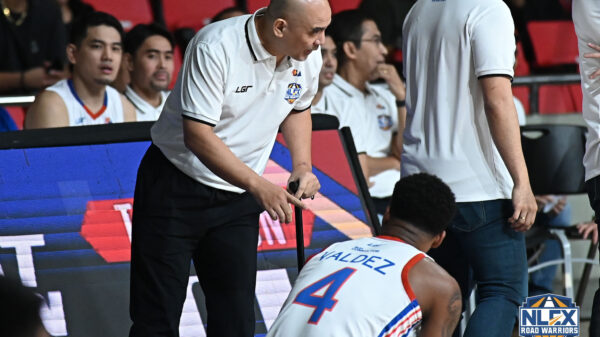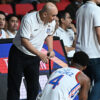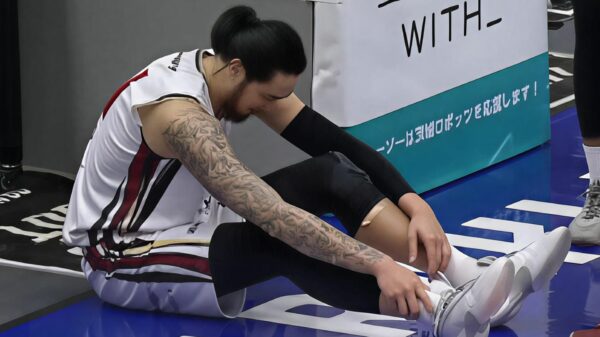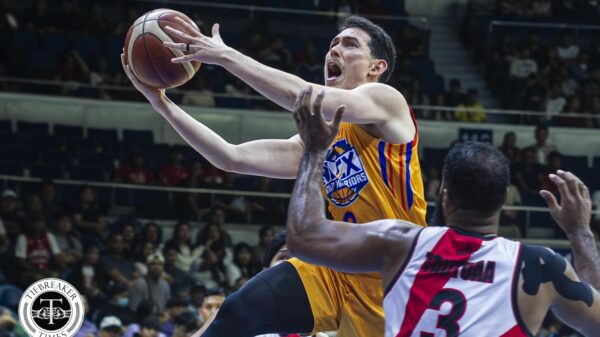The news of NLEX superstar Kiefer Ravena signing for B.League team Shiga Lakestars sent shockwaves across the world of Philippine sports.
Almost immediately after the Shiga Lakestars announced the big news on social media, Philippine Basketball Association Commissioner Willie Marcial came out to insist that the 27-year-old cager needs to honor the uniform player contract that he signed last September 2020 when he was renewed for three years by his current ballclub, the NLEX Road Warriors.
As with any major scoop, social media was ablaze with most netizens happy for Ravena and hoping that NLEX, the PBA, and the Samahang Basketbol ng Pilipinas grant him the chance to compete in Japan, where his younger brother Thirdy is currently tied up with San-en NeoPhoenix. Interestingly, talk also came up about the need for the PBA to adapt to the times and allow the use of buyouts for players who have offers to join overseas clubs.
How do buyouts work?
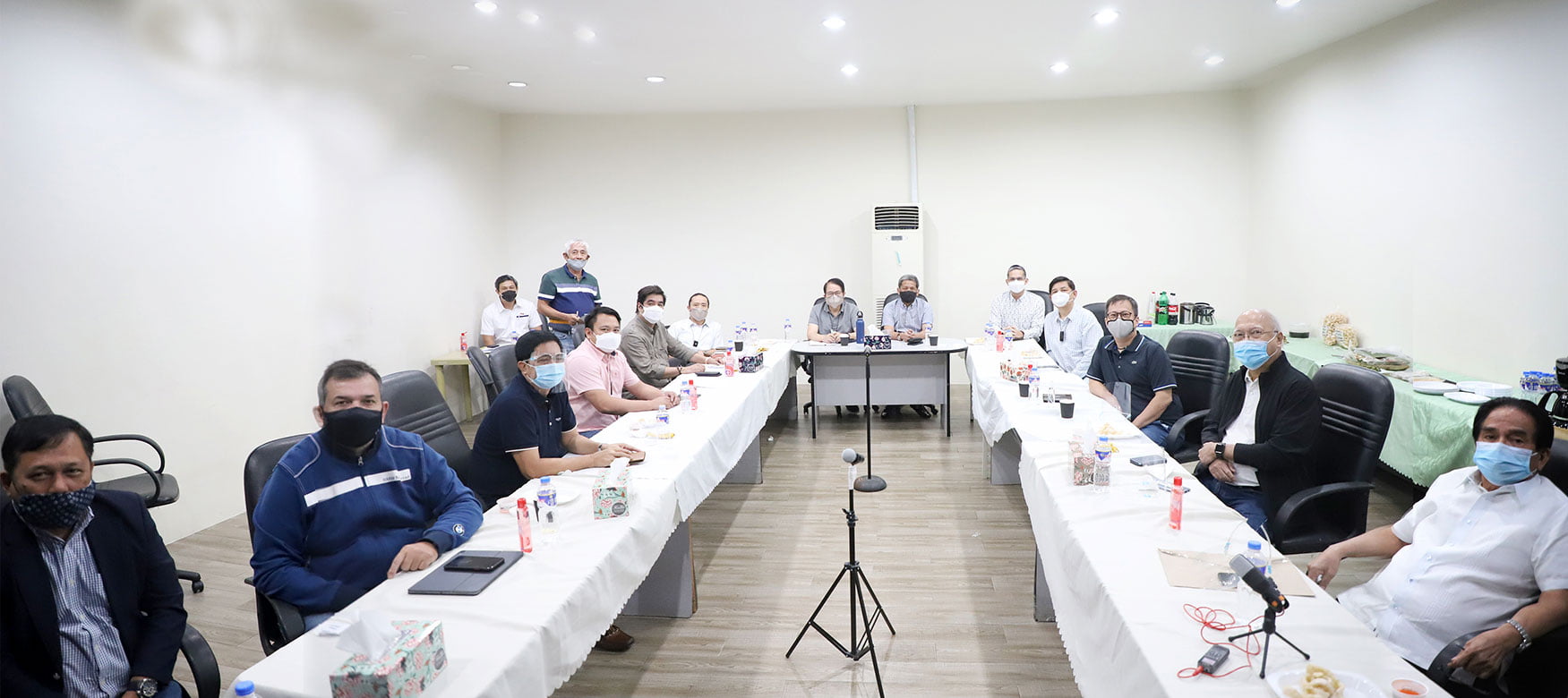 Essentially, the contracts of PBA stars like Ravena need to be bought out by foreign teams in order for them to avail of the services of the players. It is a simple concept, but it can be executed in different ways as seen in the world of football. While some athletes have clauses in their contracts that explicitly allow them to leave for a certain price, others do not have that mechanism written on black and white.
Essentially, the contracts of PBA stars like Ravena need to be bought out by foreign teams in order for them to avail of the services of the players. It is a simple concept, but it can be executed in different ways as seen in the world of football. While some athletes have clauses in their contracts that explicitly allow them to leave for a certain price, others do not have that mechanism written on black and white.
Using the five-time SEA Games gold medalist as an example, if the three-year extension he signed with NLEX last year and had an exit clause agreed upon by his camp and the team, hypothetically at P20,000,000, then Shiga Lakestars can pay off that fee directly to get him. That value can be decreased the following year and the campaign after that because of the fact that he stayed longer with the team.
What happens then to Ravena if NLEX was willing to accept a buyout fee for his live contract despite not even having an exit clause?
In this scenario, the ballclub has leverage to negotiate with Shiga Lakestars for cold hard cash they’d be happy with in order to release the former UAAP standout from his contract. What this means is that the length of the said player’s extension with them protects his buyout value and gives them the upper hand if or when their contracted stars tell them about offers from abroad.
How can these buyouts benefit NLEX or other PBA teams?
Obviously, the loss of Ravena will be a blow to NLEX or any other team that fielded him in the first place. However, with a buyout fee attached to his exit, it may potentially become a big opportunity for the team to revitalize its lineup especially in the capable hands of veteran mentor coach Yeng Guiao.
If, hypothetically, Ravena’s exit would fetch NLEX a good P30,000,000, then that will give Guiao and the rest of his coaching staff and management the funds to renew other top players and sign new ones as well. The money can go into offering the likes of Jericho Cruz, Raul Soyud and Don Trollano extensions with better pay and even sign up another big man, perhaps Beau Belga to reunite him with his ‘Extra Rice’ brother JR Quinahan, or a younger one in Leonard Santillan.
While this theoretical transaction will not necessarily guarantee success for NLEX, it will surely compensate for Ravena’s exit. Rather than lose him without any monetary compensation after so much investment on him, wouldn’t it be better for the team and the league to meet halfway with the players?
A Call to the Times
Everything written here comes from the hope that the PBA will adopt a rule that allows foreign clubs a chance to sign the best Filipinos, while allowing the teams under its banner to receive compensation for their investment. There is a reason why the PBA has survived for as long as 46 years — because it is a constant in Filipino sports fans’ entertainment.
Today, though, Pinoy athletes are now being scouted by overseas squads in need of some reinforcements.
While there seems to be a long way to go before any conclusion amidst this high stakes situation between Ravena, NLEX and the PBA, at the very least, this unexpected development has provoked discussions and certainly with the adoption of a buyout system, teams can protect and earn from their investments while the players have a chance to prove themselves abroad.

